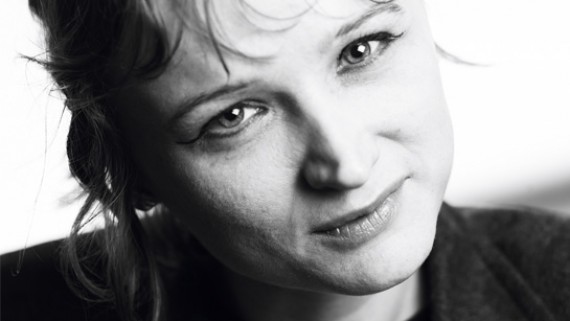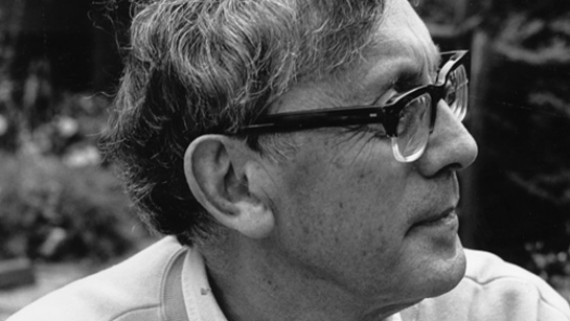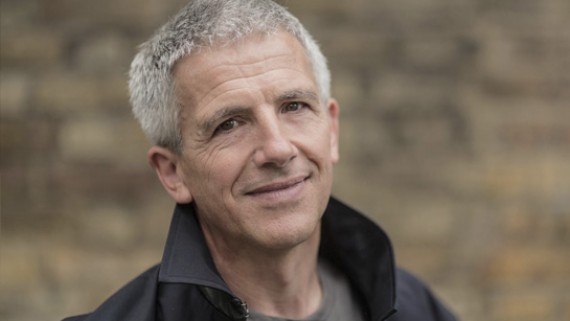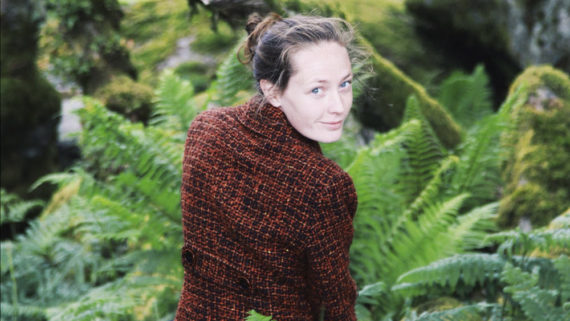We are thrilled to announce the winners of our 2022 International Poetry Competition. Thank you for your patience. This year we received a vast number of entries, and the competition was incredibly close. We wanted to thank each person who entered this year, in addition to our hard-working judges.
Our first place winner is Vera K Yuen for ‘Chinese Diacritics of War & Peace’ – You can read the poem, here.
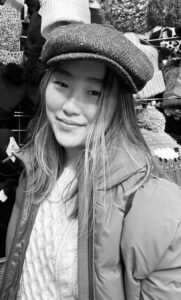
Comments from our Head Judge Seán Hewitt:
It is immediately apparent, from the opening stanza of this poem, that you are in the hands of a skilled writer. The imagery is restrained and striking, the abstract terror of the word tragedy is grounded in a startling way. “Pain”, “hunger”, “peace”, “war” – all these huge words are given precisely-fitted language, and are delivered to us in a disturbing blend of the beautiful and the violent. It is a cliché to say that, in poetry, each word must earn its place, but this poet knows the truth of that idea: the Japanese “tempested” through villages, cancer “means bullets / emptying into a body”. The power of this poem, in its time-turning, unforgettable way, is to pair the personal and the national – all the terror of war and the power of intimate relationships are fused in that final stanza, where the clasp of one hand around another is both a tender moment of love and a sign of the movement of trauma through generations. This is a very accomplished poem, and a worthy first prize winner.
Our second place winner is Partridge Boswell with ‘Arcadia’ – You can read the poem, here.
Comments from our Head Judge Seán Hewitt:
It is a brave move to have such a long line in a poem. How to keep the rhythm, how to hold the reader’s attention, how to keep the tension and the focus – these are all risks, and in this poem the risk more than pays off. There is an earthiness to the language, all those rich consonants (“burdock and thistle”, “sweat-drenched skin plastered / with dried grains”), and a real flow to the poem, which moves from an image in a ewe’s eye through to a vision of a whole life, or lives. The whole of a place seems captured here, and never tied down: it is allowed to live again in the poem, lit as it is by memories, animals, plants, and the rumours and experiences of a people.
Our third place winner is Mark Fiddes for ‘Then there were two’ – You can read the poem, here.

Comments from our Head Judge Seán Hewitt:
This is terrifying and prescient poem. It handles its narrative with skill, filling our minds with scents, closely-observed images and, importantly, premonitions: the chasuble that is ‘the ceaseless green of a boy’s last summer’, ‘the safe in the wall / which guards the sacraments’. The poet handles difficult material and paints an indelible scene. As is fitting, it has the feel of a confession, but here the poet is addressing us, speaking to us, drawing us in at every moment. As with all the best storytellers, this poet know exactly when to stop, exactly the moment to let a disturbing image take root in the reader’s mind, where it carries on its own haunting long after the poem is over.
Our honourable mention is Lesley Saunders for ‘Martial artist’ – You can read the poem, here.
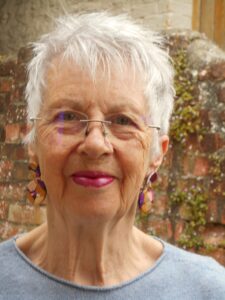
Comments from our Head Judge Seán Hewitt:
With a sure handling of form and a bright restraint, this poem mirrors the skill and power of the artist who is its subject. It is ‘dance-like but it is not a dance’, it is full of grace and also has a sharp humour and a suggestion of revenge. I loved the final lines especially: “Her win will be huge, terrible.” A brilliant poem.
And our runners up are:
Jeffrey Skinner with ‘Without god everything is permitted’ – You can read the poem, here.
Comments from our Head Judge Seán Hewitt:
With an economy of images, and tracing the scope of a life influenced by poetry, this poem takes its lodestar, W.B. Yeats, and allows him to seep through its lines. The poem allows us to live in its silences, to grow in its resonant details: ‘I’m awakened / By the smell of coffee poured from mother’s thermos / In the front seat, dark poured into dark.’
Elisha Gabb for ‘Korean bleach’ – You can read the poem, here.
Comments from our Head Judge Seán Hewitt:
A prose poem of blistering imagery, using the personal like a lightning rod to channel a vision of racial injustice and beauty standards, this is a text that handles an emotional and political core with skill.










